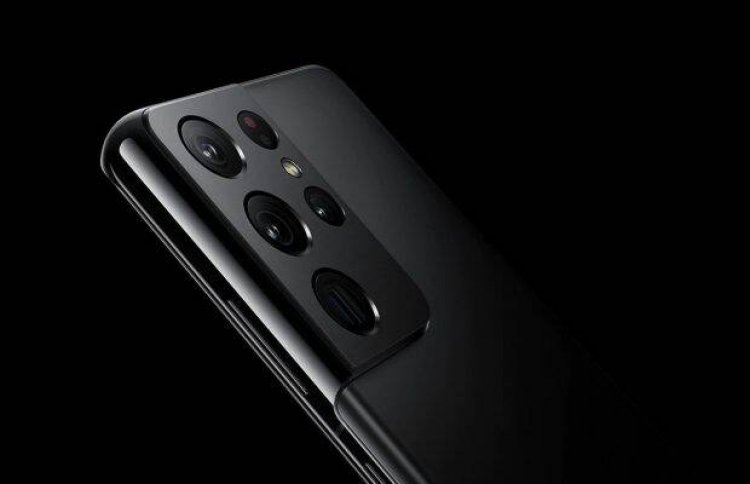Samsung launches 64MP ISOCELL GWB, calls it ‘most human eye-like’ image sensor
The camera sensor is likely to debut on a Tecno-branded smartphone in 2022, but Samsung could also make it available to other original equipment manufacturers.

Korean electronics major Samsung has lifted the curtains off its first ISOCELL camera sensor with RGBW colour filter support — the ISOCELL GWB. The Korean electronics giant created the new camera sensor in partnership with China’s Tecno. Samsung has touted the camera sensor as the most “human eye-like” image sensor that can take photos with improved colour accuracy and better brightness.
The camera sensor is likely to debut on a Tecno-branded smartphone in 2022, but Samsung could also make it available to other original equipment manufacturers.
The ISOCELL GWB camera sensor was unveiled at a webinar organised by Tecno on Monday. Samsung revealed during the event that the camera sensor used an improved colour filter pattern, including white pixels. The addition of white pixels in the sensors will help capture better images with more colour accuracy while also allowing for brighter results.
Samsung Vice President and Head of R&D in China called the ISOCELL GWB “the most human eye-like image sensor”.
The camera sensor will feature a 64-megapixel resolution implying that enthusiasts hoping to see the new camera sensor on the upcoming Samsung Galaxy S22 smartphone series might be disappointed. Earlier reports had tipped the Galaxy S22 Ultra to feature a 108-megapixel camera, similar to its predecessor, while the Galaxy S22 and the Galaxy S22 Plus could come with a 50-megapixel primary camera.
However, Samsung has not made any announcement about the Galaxy S22 series, and the company could still spring a surprise with a 50-megapixel ISOCELL GWB sensor in time for the Galaxy Unpacked event, expected in February.
According to one report, the ISOCELL GWB could feature on a smartphone from Tecno, courtesy of its partnership with Samsung. However, both companies have been tight-lipped about their future plans, including for the camera sensor in their upcoming products.







